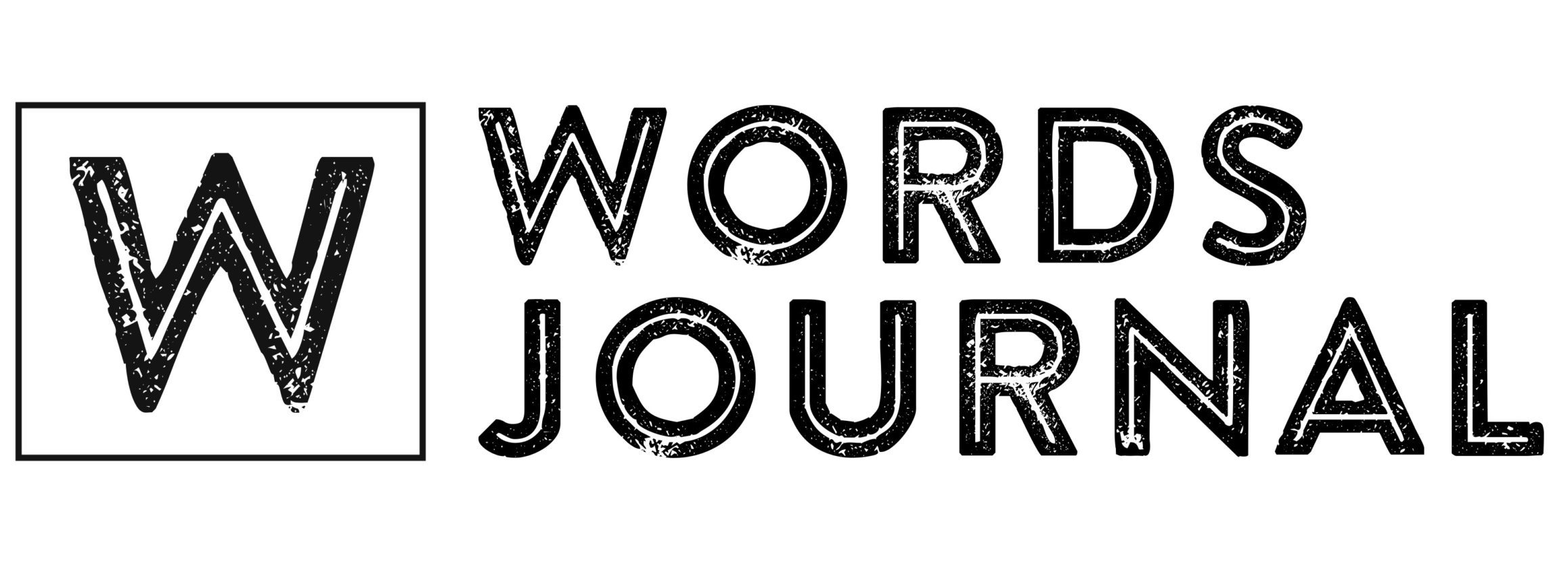The sole proprietorship is one of the most common informal business structures as many people do not even know that they are sole proprietors. Once you operate a business in your personal capacity using your own name, you are technically a sole proprietor. This ease of formation is one of the reasons it is so widespread.
The popularity of sole proprietorships stems from the fact that it is the easiest and least costly business structure to create. In essence, the moment that you start conducting business under your own name, then you are a sole proprietorship.
The advantage for many people is that this requires no substantial capital, which can be difficult to come by. It also means that the owner has sole access to all of the profits and doesn’t need to divide it between investors. The flipside to this is that business losses cannot be distributed amongst investors in order to minimise individual damage.
What other factors make the sole proprietorship so popular?
According to the U.S. Small Business Administration (SBA), apart from how easy and inexpensive it is to create, where even the legal costs are reduced to getting the required licenses and permits depending on what the business is and does, the owner has complete control over the goings on of the business. All decisions are made by the owner and no discussion with investors or shareholders are required. Should you have the need, or the desire, to change something, you are fully capable of doing so without having to wait for the approval of others.
Another aspect that the SBA points out is filing for tax is really easy because the business is not taxed independently. The owner merely reports the profits on their personal tax returns. Furthermore, compared to other business structures, the tax rates are at the lowest end.
What are other aspects to take into account?
The above benefits seem enticing, but there are risks. The most significant is that the sole proprietor has no personal liability protection and as such, should the business suffer extreme financial losses or be the subject of a lawsuit, the personal assets of the owner can be seized. That means that your car, house, and bank accounts can be taken away from you.
Seeing as you don’t have the ability to offer shares in the business, raising capital is very difficult. Banks aren’t generally willing to offer loans as there is surplus risk when it comes to repayment, especially should the business fail. Generally, raising capital is restricted to your personal net worth and the way in which you are personally perceived. You can either use your own cash flow, or use your personal assets as collateral, such as your home or equipment.
Complete control over your business is very intriguing, but the burden may be overwhelming. The success or failure of the business relies solely on the owner. All decisions have a big impact, and they are ultimately up to you.
What are the characteristics of sole proprietorships?
Another reason why sole proprietorship is so immensely popular is because it often originates in hobbies such as photography, music, and art. Many people want to channel their passion and make some money from it. As such, these businesses often have a customer base largely made up of family, friends, and neighbors. Examples of those professions who succeed the most as a sole proprietorship are freelancers, independent contractors, artists, tutors, and musicians. These businesses have to be low-profit and low-risk. The risk of liability or bankruptcy cannot be too high, as then the overall risk can outweigh the benefits. Discover more about the nature of a sole proprietorship, the advantages and the disadvantages, as well as general questions you may have at TRUiC who go through the process of who would benefit from a sole proprietorship and how to go about making sure it’s all legal.
